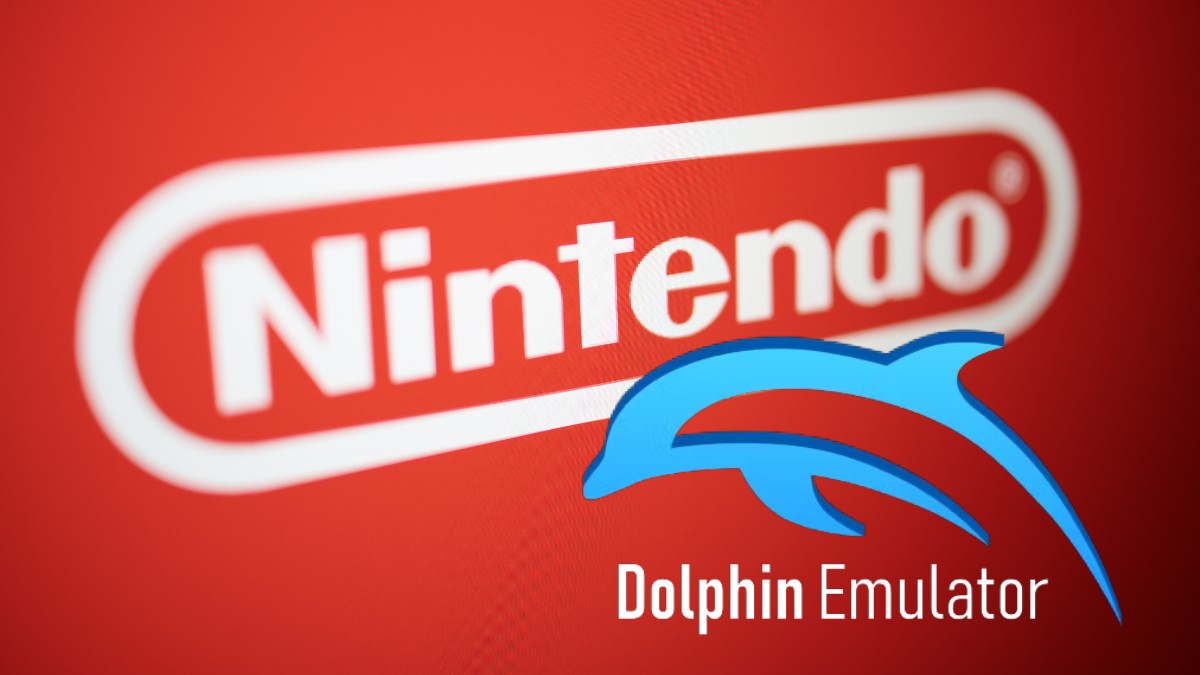In this article, we delve into the reasons why the widely anticipated launch of the Dolphin emulator on Steam, initially planned in March, has been halted.
Nintendo’s involvement and the subsequent Digital Millennium Copyright Act (DMCA) citation serve as the root of the conflict, while the broader implications of this move are also discussed.
Key Takeaways:
- Dolphin emulator’s Steam launch has been indefinitely postponed due to a DMCA notice issued by Nintendo.
- The action may be linked to Dolphin’s distribution of Wii’s AES-128 disc encryption, known as the “common key”.
- Pierre Bourdon, a Dolphin project member, says they have no options for a legal recourse, leaving the decision in Valve’s hands.
- Other emulators like RetroArch continue to operate on Steam, however, their operational methods differ from Dolphin.
- The presence of the Wii Common Key in Dolphin’s source code raises significant legal questions and potential copyright violation issues.
- Other versions of Dolphin could also be vulnerable to Nintendo’s action due to the similarity in their processes.
- Nintendo’s recent DMCA takedowns on GitHub have targeted various homebrew tools, indicating a broader dispute over encryption keys and copyrights.
Nintendo’s Cease and Desist: What Happened?
Nintendo, the Japanese multinational consumer electronics and video game company, has thrown a wrench in the gears of the Dolphin emulator’s eagerly anticipated Steam launch.
This news comes as a shock to the gaming community who have been waiting for this release since the initial announcement in March.
Citing a Digital Millennium Copyright Act (DMCA) violation, Nintendo has brought the launch plans to a grinding halt, a development confirmed by a Dolphin Emulator Project blog post.
The Role of the Wii’s AES-128 Disc Encryption
At the heart of the controversy is the Dolphin’s distribution of the Wii’s AES-128 disc encryption, popularly referred to as the “common key”.
This is a key element that Nintendo seems to be leveraging to justify its request to block Dolphin.
Rather than requiring users to supply this key independently, Dolphin has included it in its source code for many years, potentially sidestepping anti-piracy measures, according to Pierre Bourdon, a long-standing member of the Dolphin Project.
Dolphin’s Legal Quandary: No Options for Recourse?
Caught in a tough spot, the team behind Dolphin appears to have its hands tied. Bourdon asserts that unlike a conventional DMCA takedown, in this situation, Dolphin’s developers lack any legal pathway to challenge the decision.
This, he suggests, leaves the fate of the emulator at the mercy of Valve, the operators of Steam, who, at this stage, could potentially disregard Nintendo’s stance without facing repercussions.
Comparison: Dolphin vs Other Emulators on Steam
What further compounds the issue is the fact that other emulators, such as RetroArch, continue to exist and function on the Steam platform.
This software, however, doesn’t operate in quite the same manner as Dolphin does.
Unlike Dolphin, which directly emulates the GameCube and Wii consoles, RetroArch acts as a frontend into which emulator “cores” can be loaded.
This setup provides users with a single centralized place to adjust software settings for their emulators, differentiating it from Dolphin’s approach.
Dolphin’s Legal Pitfall: The Inclusion of Wii Common Key
A crucial point of contention in this saga is the Dolphin emulator’s inclusion of the Wii Common Key within its source code.
This aspect of the emulator has raised eyebrows and stirred up concerns about potential copyright infringement.
The Common Key enables the software to bypass anti-piracy measures, an aspect that has not gone unnoticed.
The copyright status of such keys has become a hot topic, causing serious implications for Dolphin.
Potential Fallout for Other Dolphin Versions
The ripple effects of this decision might not be confined to Dolphin’s Steam version alone.
Given the similar mechanisms used, other versions of the emulator may also find themselves in Nintendo’s crosshairs.
It raises questions about the overall impact of this decision, with speculations that the Dolphin team will need to swiftly address the situation before further consequences manifest.
Nintendo’s Wider Copyright Enforcement Efforts
Nintendo’s actions do not stop with Dolphin. Their recent copyright enforcement activities have seen a flurry of DMCA takedown requests targeting various homebrew tools on GitHub.
These include Lockpick, a tool allowing users to extract encryption keys from their own Nintendo Switch consoles.
While some argue the legality of personal backups, Nintendo strongly contests this, especially when it pertains to the use of downloaded encryption keys from other sources.
This series of events throws light on the ongoing tug of war between emulation enthusiasts and copyright holders.
As we move forward, it is clear that the unfolding narrative will continue to shape the gaming industry’s approach to emulation and copyright protection.
Conclusion
The indefinite delay of the Dolphin emulator’s Steam debut underscores the complex issues surrounding emulation and copyright law.
While the legality of emulators is often debated, the inclusion of copyrighted encryption keys in their source code undeniably raises red flags.
As we observe Nintendo’s widespread enforcement efforts, it is clear that the coming days will be pivotal for Dolphin and other similar projects.
Future developments in this situation could have far-reaching implications on the world of game emulation.
 Sections of this topic
Sections of this topic
















